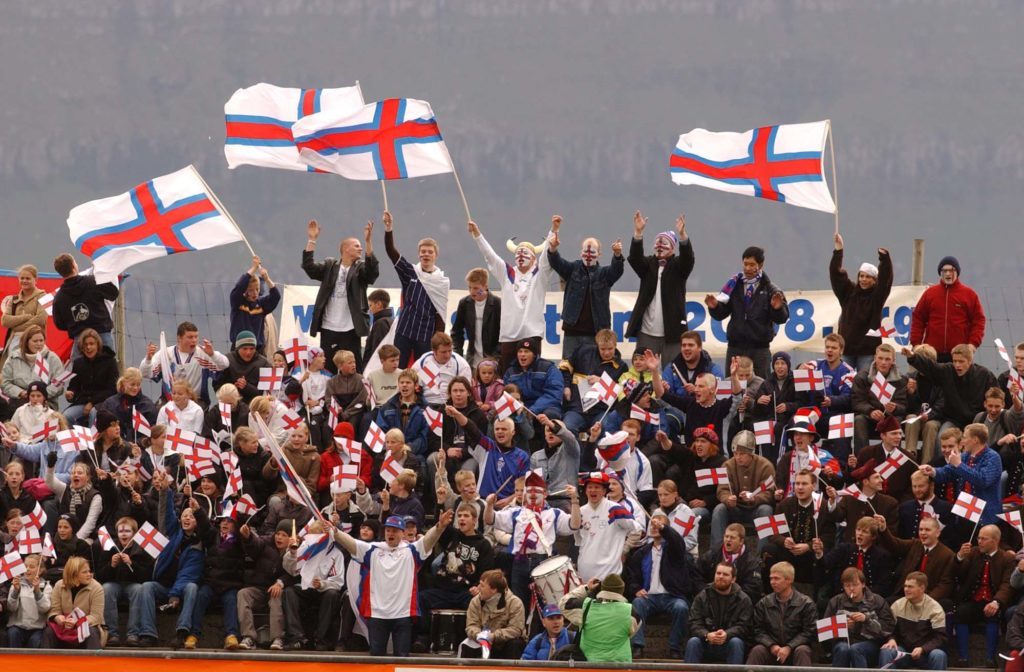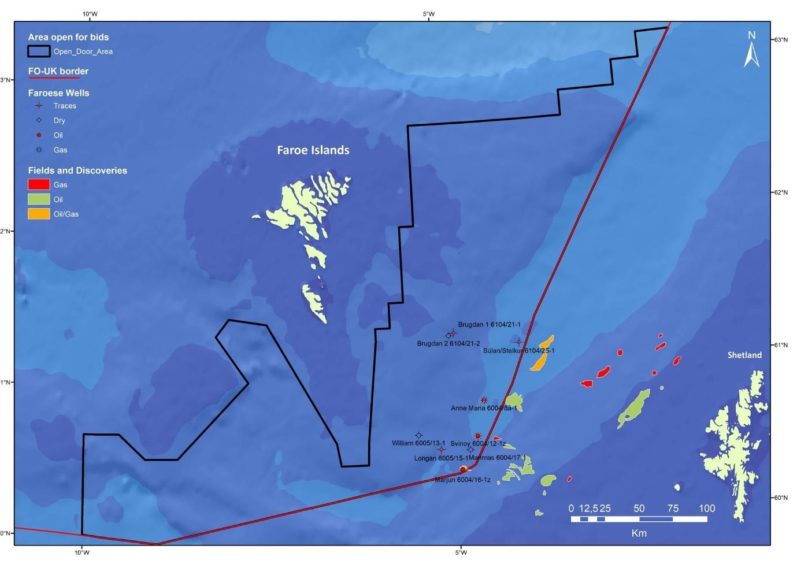
The Faroe Islands Government has said it has no plans to follow Denmark’s decision to wind down oil and gas exploration.
Earlier this month, the Danish Parliament agreed to halt all new exploration in the North Sea and to phase out hydrocarbon production completely by 2050.
The Social Democrat government also reached a deal to scrap the planned 8th licensing round, drawing praise from environmental groups across the world.
However, during a radio interview, Helgi Abrahamsen, Minister of Environment, Industry and Trade in the Faroese Government, highlighted the economic opportunities that oil could bring to the islands.
The Faroes is a self-governing country within the Danish-realm and sits around 228 miles north-west of the Shetland Islands.
Last year, the archipelago opened its fifth oil and gas licensing round in tandem with the UK Government in an attempt to jump on the industry’s interest in the West of Shetland area, which shares a border with the East of Faroes.
As it stands there is no exploration activity in Faroese waters and the region remains relatively untapped.

Nevertheless, Mr Abrahamsen stressed the importance of the country being involved in oil and gas production, even as the energy transition gathers pace.
He said: “If we look at the global picture today we see more and more oil being used. Some people might have a negative perspective on this because it is not the shift to renewable energy they desire. But we must look at what the alternatives are.
“A large part of the world uses coal which pollutes far worse than oil. So to switch from coal to oil represents significant progress in environmental terms.
“But all in all it is only a question about whether oil is obtained in our territory or elsewhere. The world will certainly be using oil for many years to come.”
Looking at the future, the Minister said that there would be no high profile licensing rounds for the time being.
Instead, he explained an “open door” arrangement is in place, meaning oil companies interested in exploration in the Faroes can contact the government as and when they choose.
Mr Abrahamsen added: “If a company has an inclination to put themselves forward to explore here they would be most welcome to come this way. And from what I am told by Jarðfeingi (Faroese Geological Survey) there is considerable interest in the Faroese Sector.
“Massive reserves of oil and gas have been found east of the Faroes in the British Sector and the companies active there are the ones who have shown the most interest. I have no doubt that it is just a matter of time before one of them comes knocking on the door.”
In response to a question on whether the Faroes has anything to lose by calling a halt to exploration, the Minister drew attention to the positive ripple effects that offshore activity generates.
He said: “This is what previous exploration operations have demonstrated. And if there were to be a discovery of oil there is obviously a lot we would miss. We have to see it in relation to what otherwise would have been and what the situation is today. So this is definitely an industry that we in the Faroes need to encourage and to take full advantage of the potential benefits.”
Recommended for you

